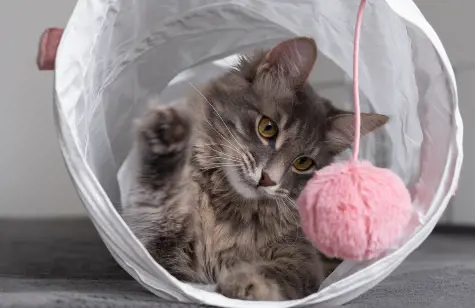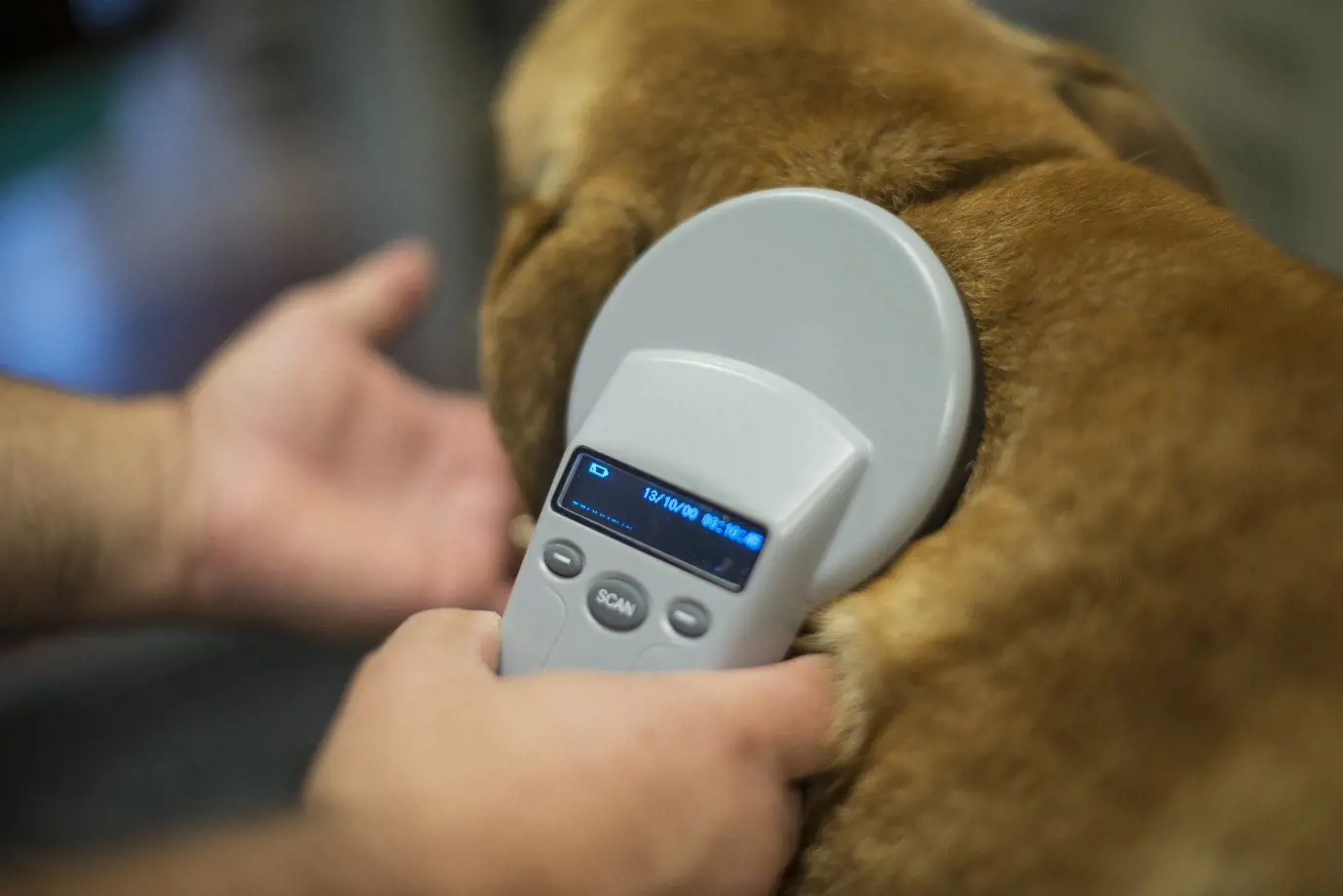Are you a cat whisperer?
11th December, 2019

It can be hard to know how cats are feeling, but researchers in Canada have found that some people are “cat whisperers” — able to decipher what most people consider unreadable expressions on cats’ faces.
Women and those with veterinary experience were particularly good at recognising cats’ expressions — even those who reported they didn’t feel a strong attachment to cats, the University of Guelph study revealed.
“The ability to read animals’ facial expressions is critical to welfare assessment.
Our finding that some people are outstanding at reading these subtle clues suggests it’s a skill more people can be trained to do,” said Prof. Lee Niel, who led the study with Prof. Georgia Mason, both from the university’s Campbell Centre for the Study of Animal Welfare.
Until now, research on reading cats’ faces has focused on expressions of pain. “This study is the first to look at the assessment of a wider range of negative emotional states in animals, including fear and frustration, as well as positive emotional states,” Mason said.
The researchers recruited more than 6,300 people from 85 countries who were asked to watch 20 short online videos of cats from a collection of 40 videos, taken mostly from YouTube, and complete online questionnaires.
The videos focused on the cats’ faces and showed them experiencing either positive emotional states (situations the cats had sought out, such as being petted or given treats), or in negative states (such as experiencing health problems or being in situations that made them retreat or flee).
None of the cats showed expressions such as bared fangs or flattened ears, since these are already widely understood.
Participants were asked to judge whether each cat was in a positive state, a negative one, or if they weren’t sure.
Findings published in the November issue of Animal Welfare show that the average score was 12 out of 20 — just above chance — but 13% of the participants performed very well, correctly scoring 15 or more.
These people were more likely to be women than men, and more likely to be veterinarians or vet technicians. Younger adults also generally scored better than older adults, the researchers said.
“The fact that women generally scored better than men is consistent with previous research that has shown that women appear to be better at decoding non-verbal displays of emotion, both in humans and dogs,” Mason noted.
Surprisingly, being a cat lover made no difference, as reporting a strong attachment to cats did not necessarily result in a higher score.
Visit the researchers’ online quiz to test your own cat-reading abilities!
Protect your furry friend — and your finances — with cat insurance from Purely Pets.
Helpful Pages
Recent Posts
Pet Insurance Quote
- 98% claims paid *
- Claims paid directly to vets
- 24/7 vet video consultations
- Interest free monthly payments




